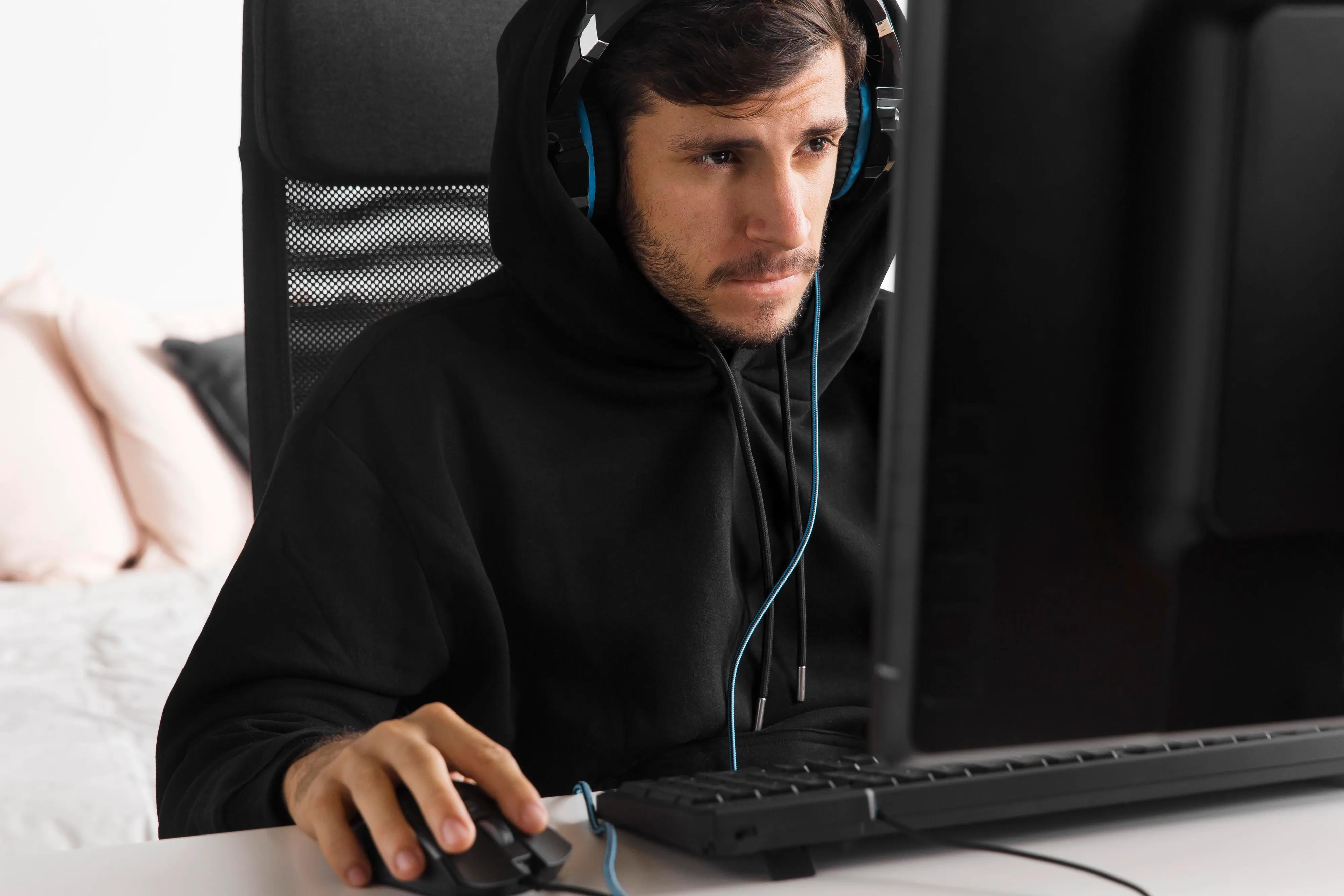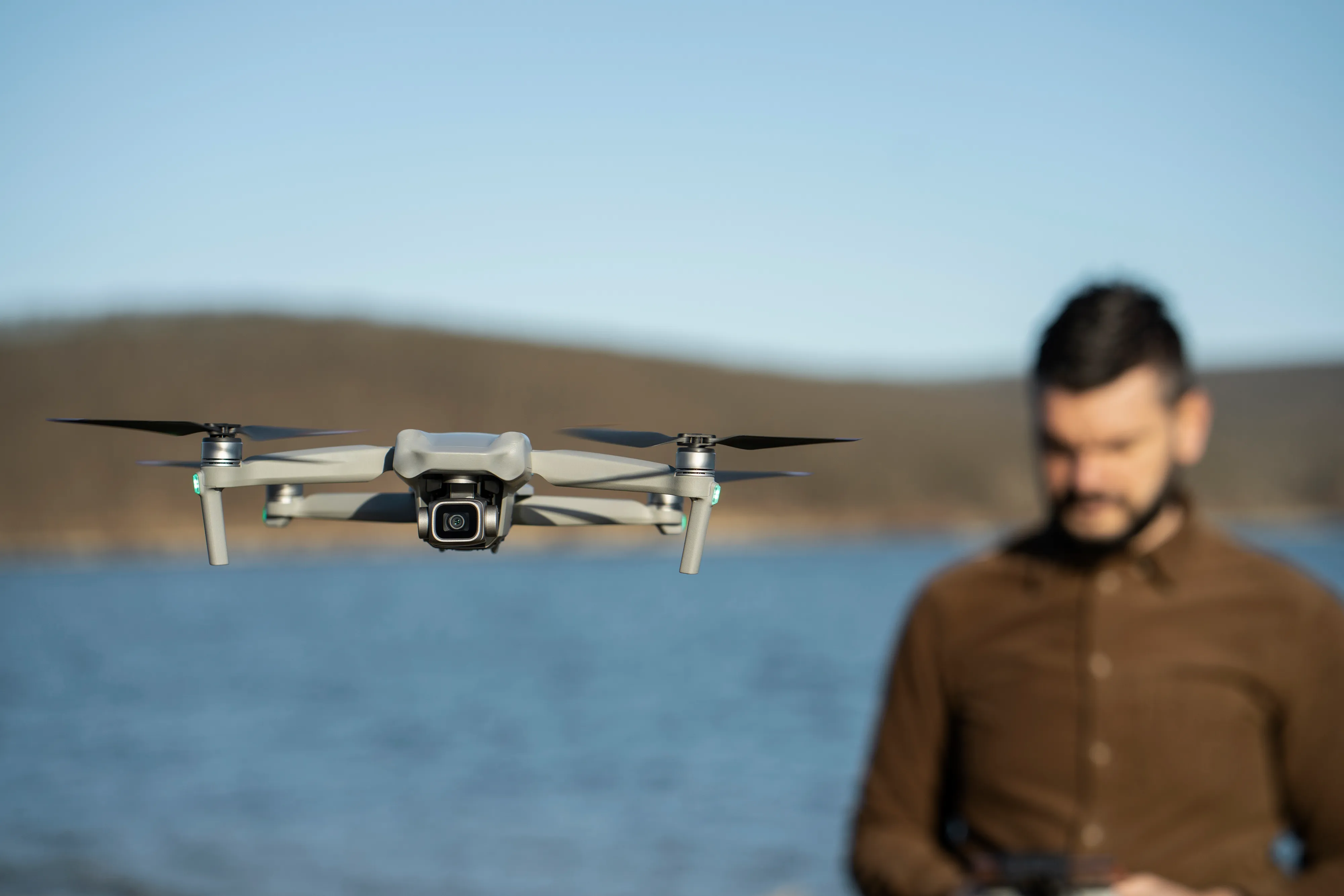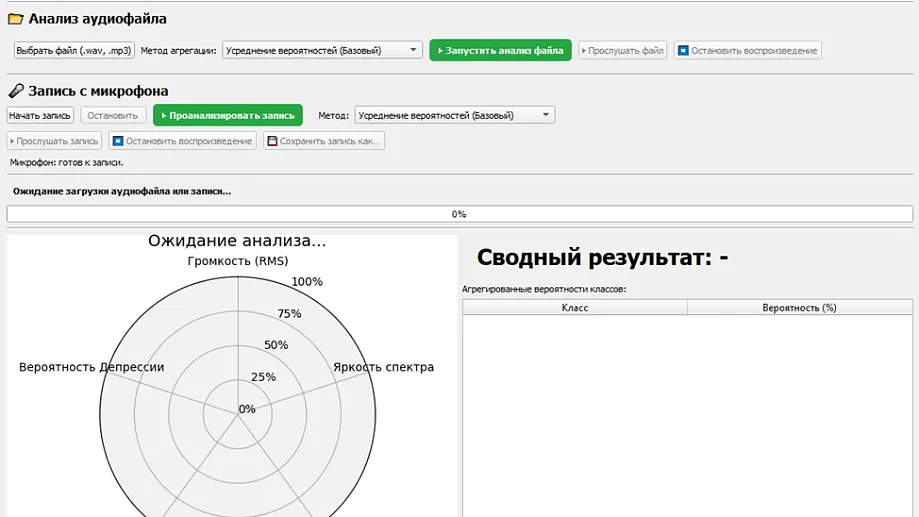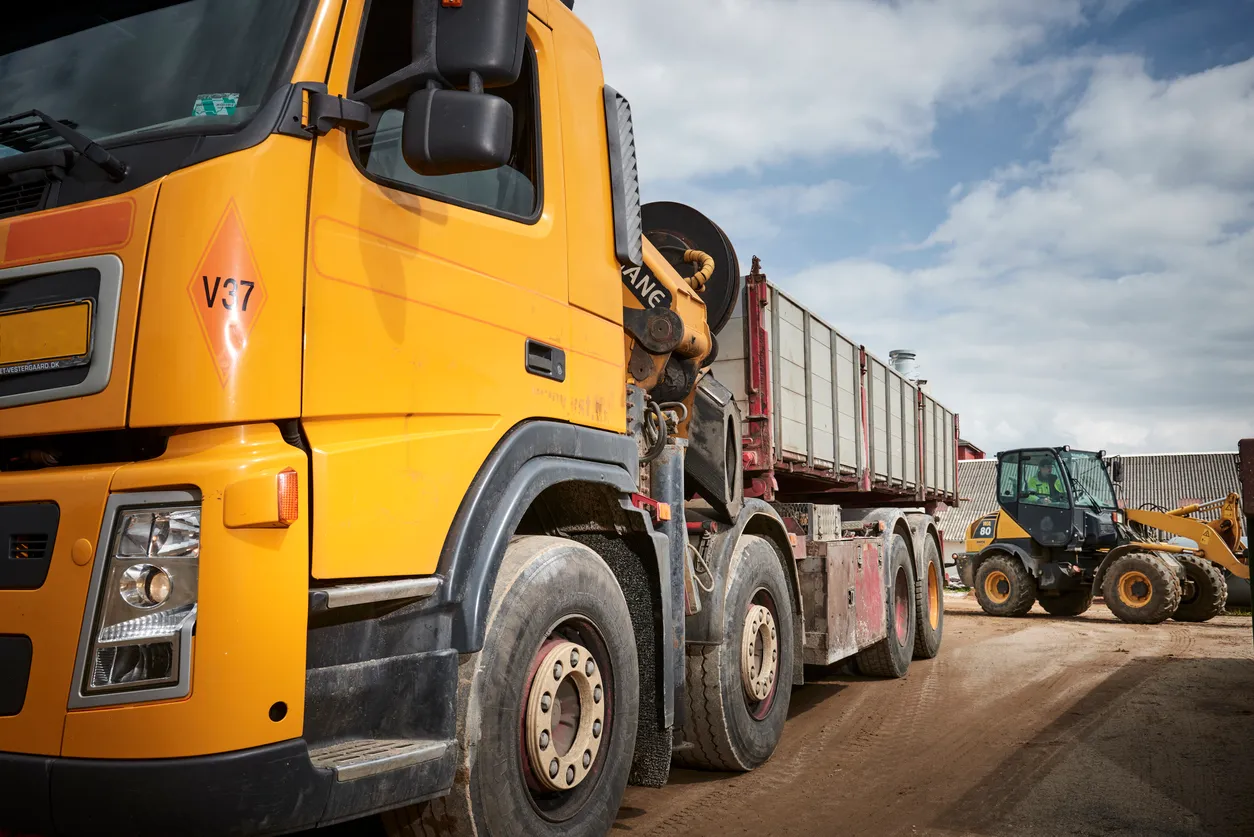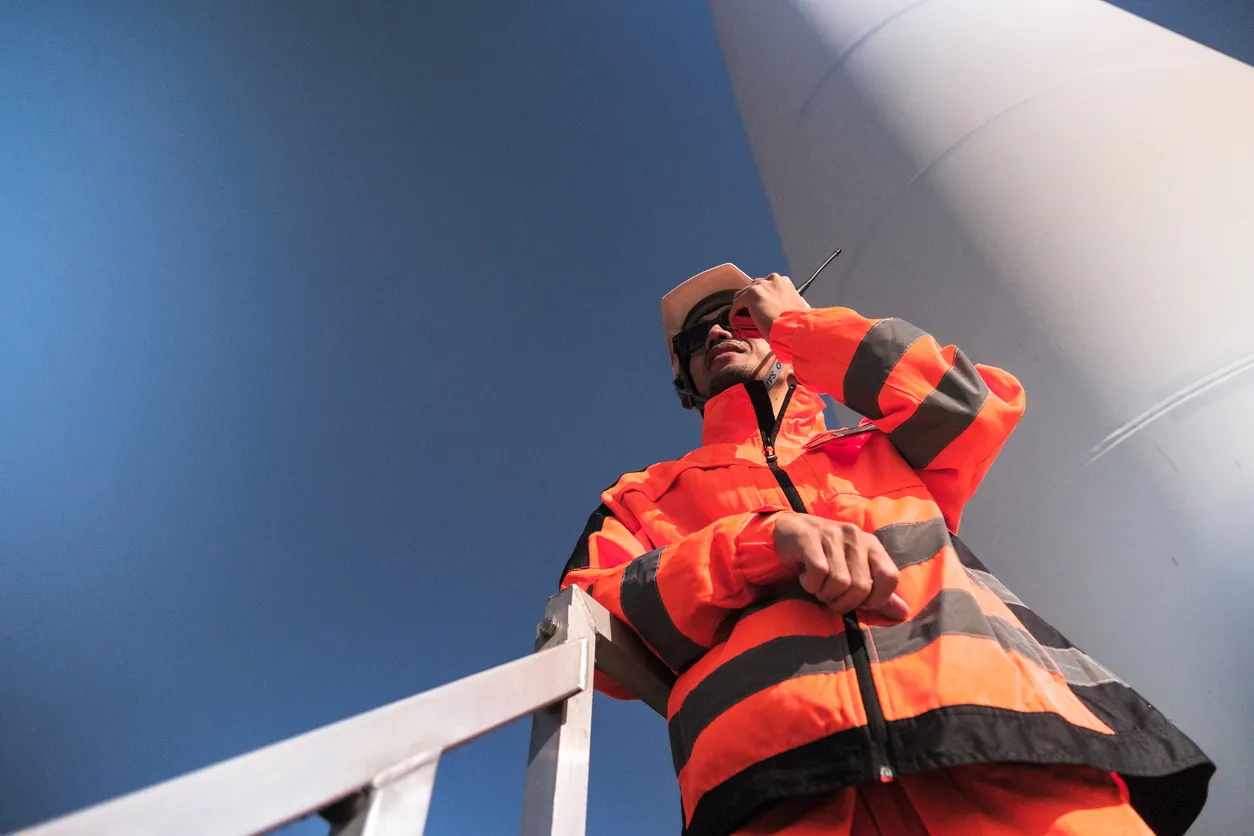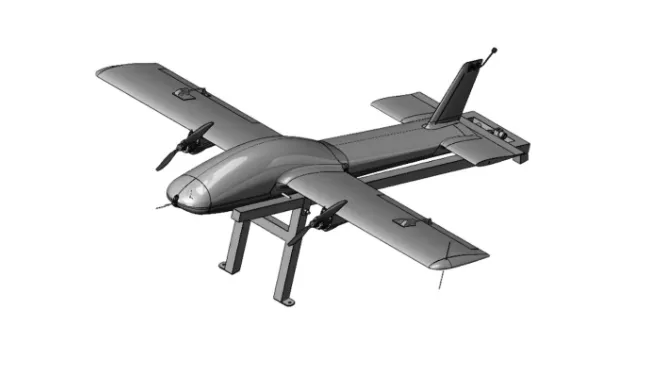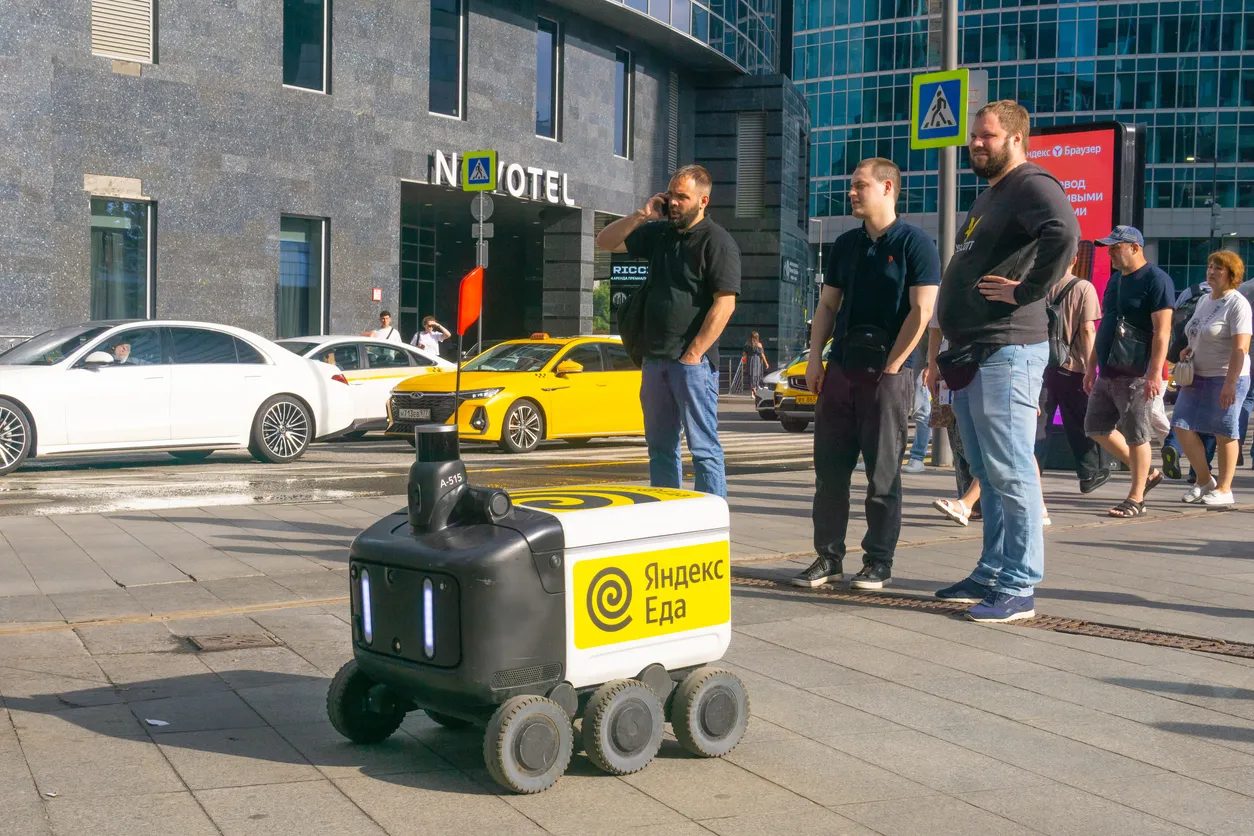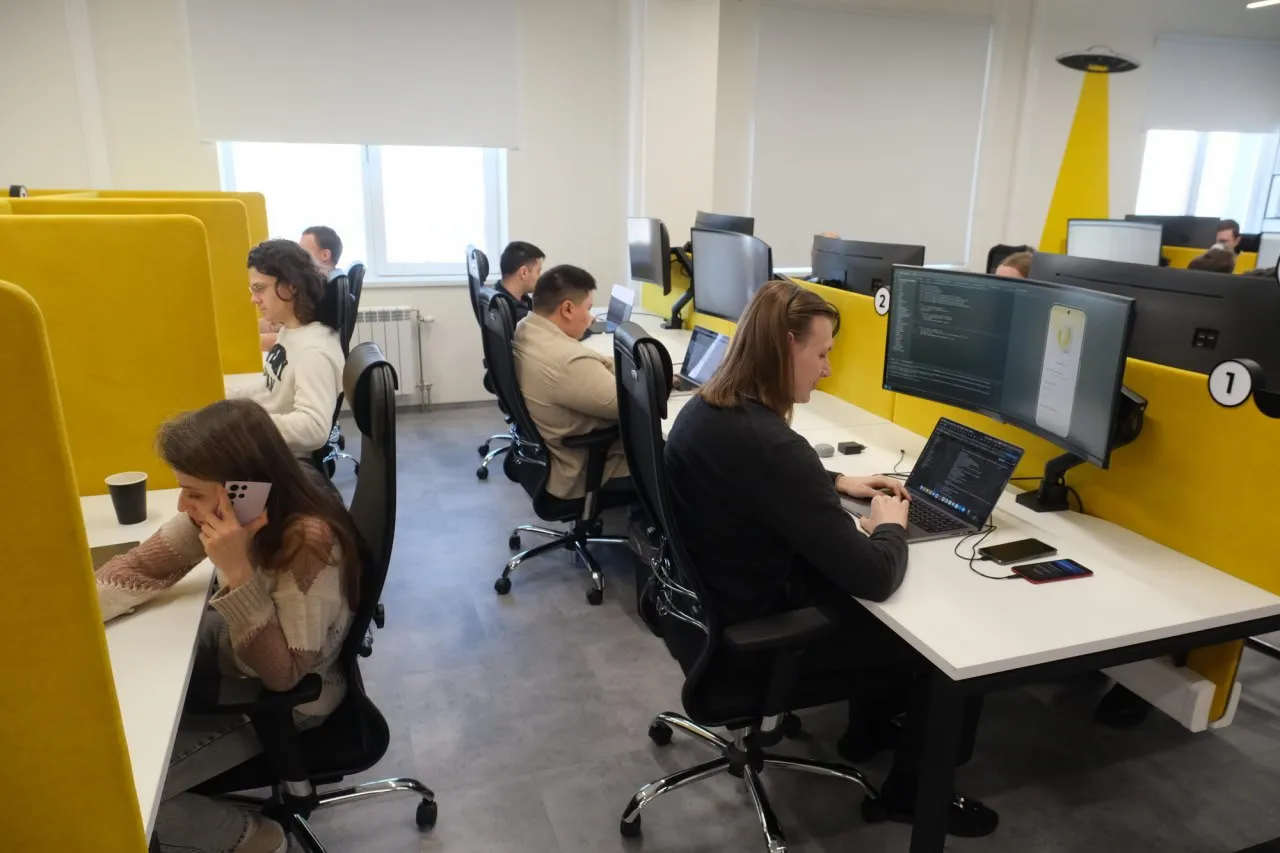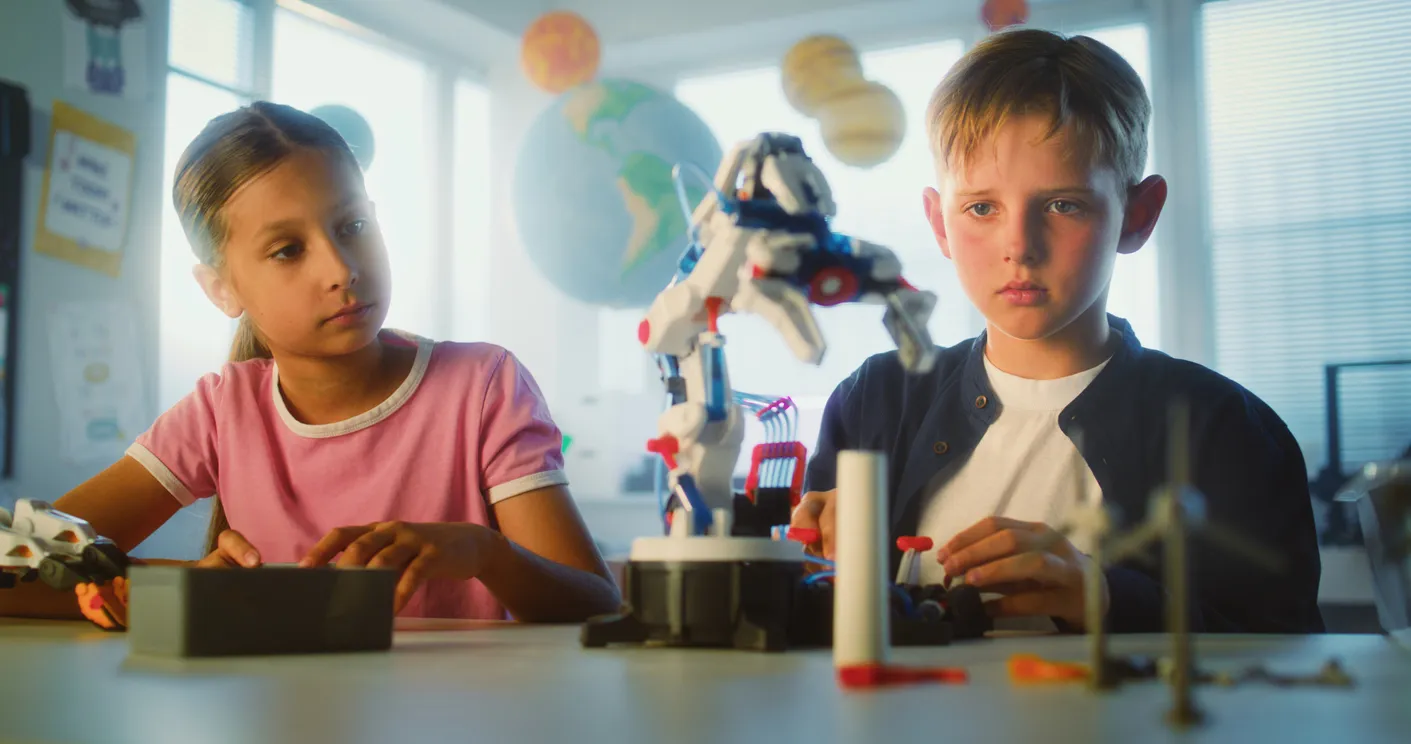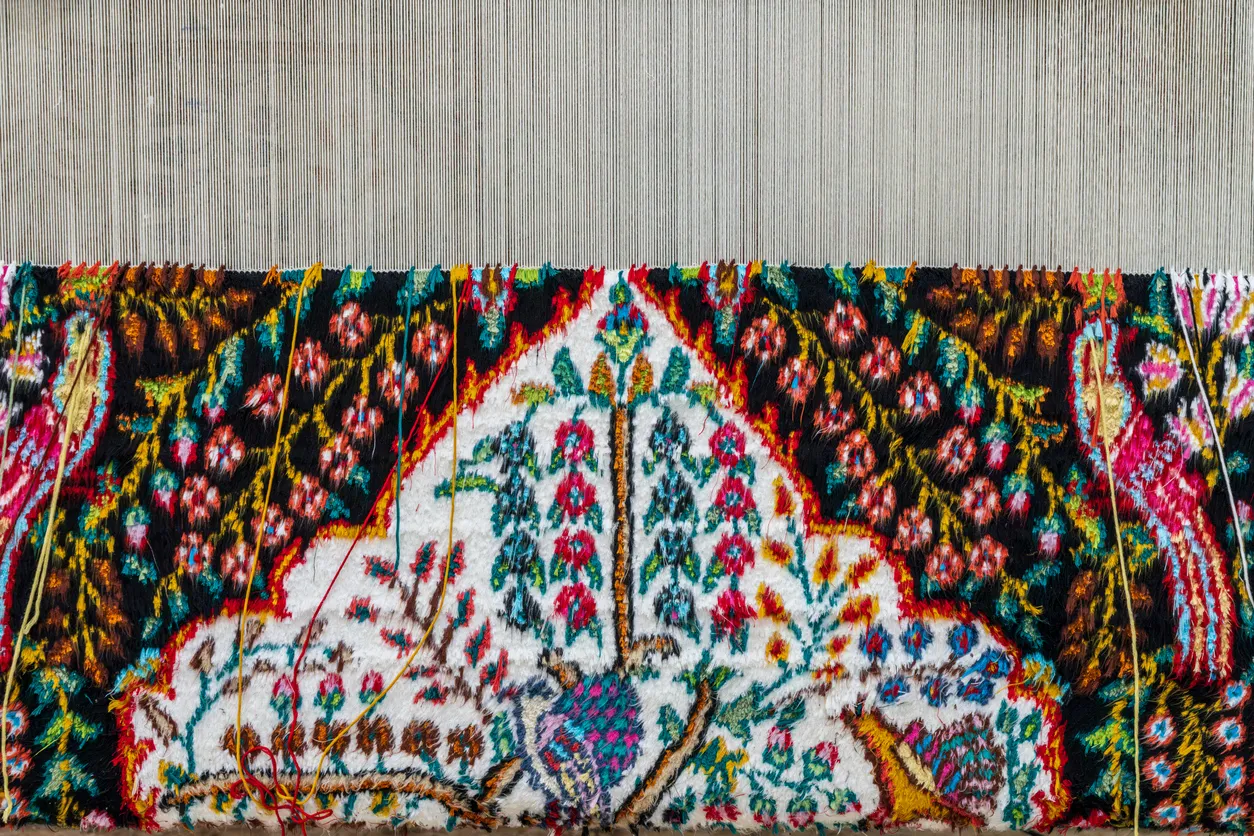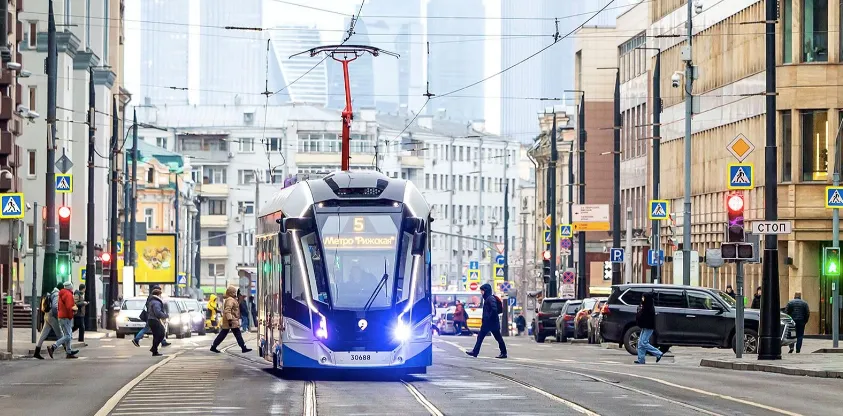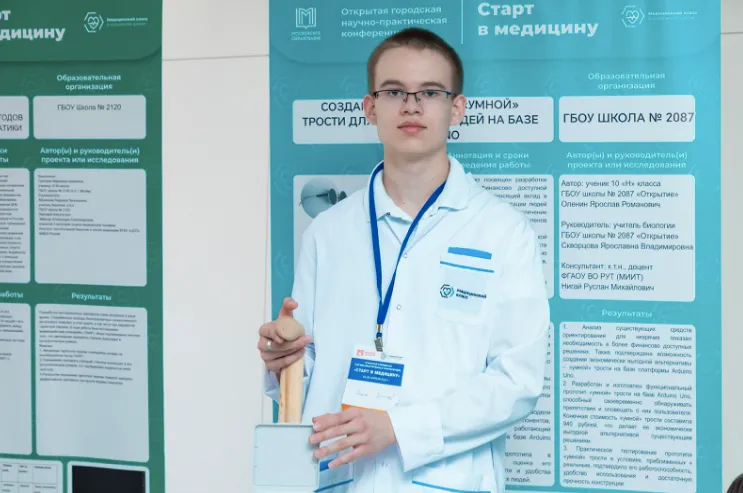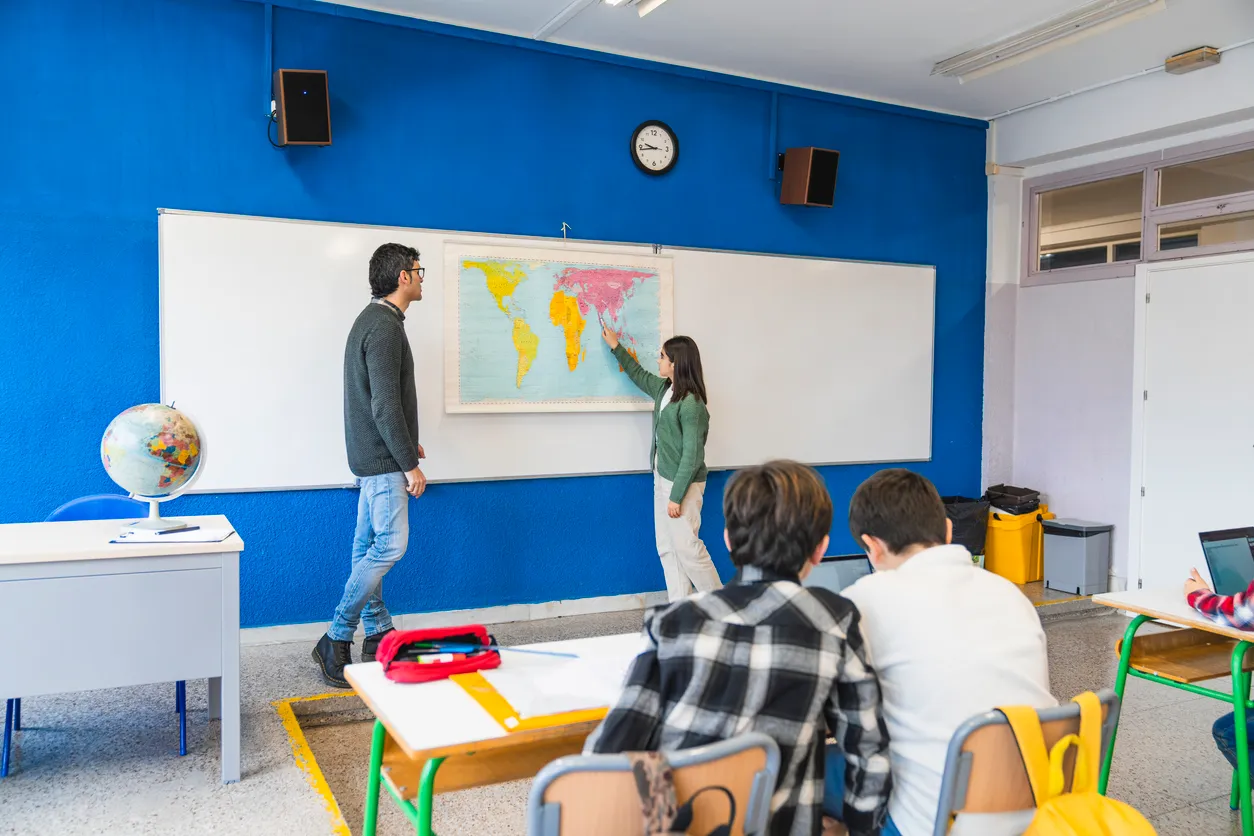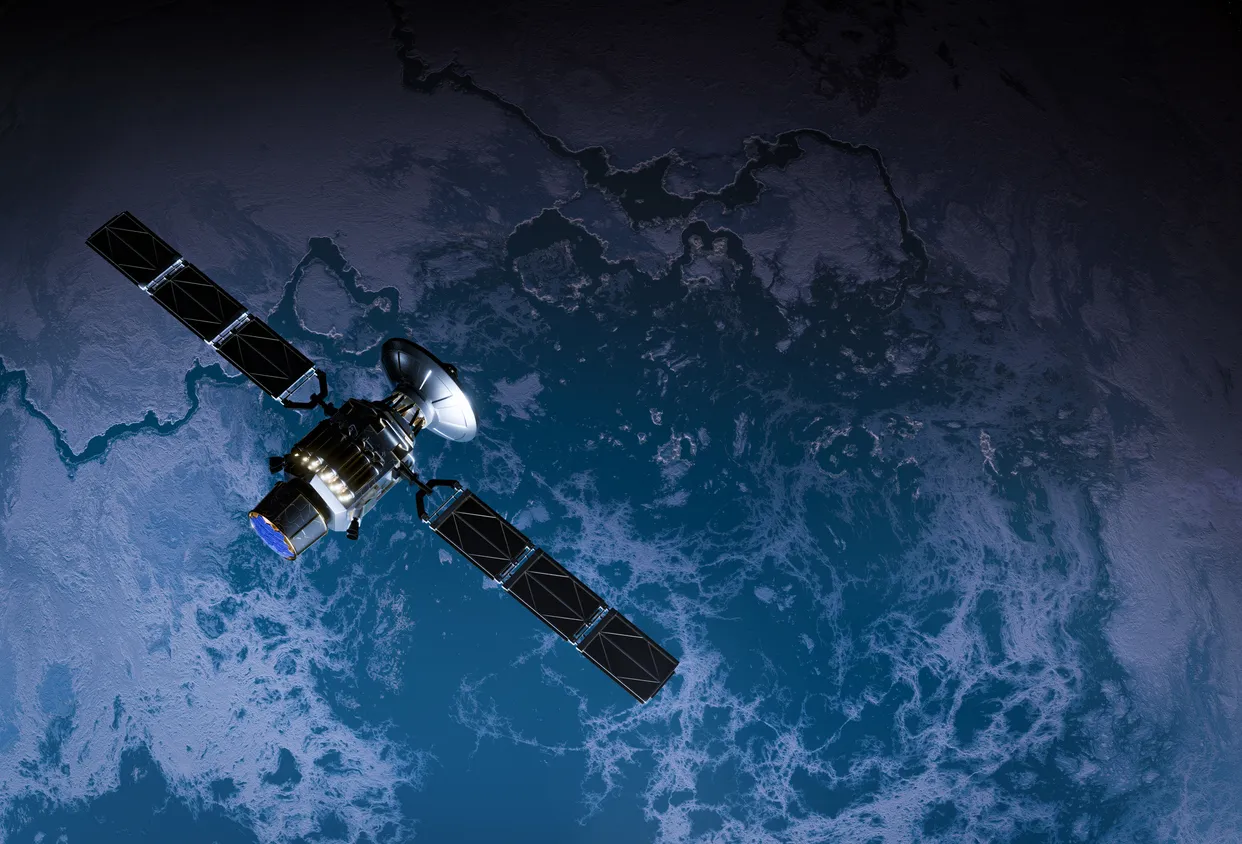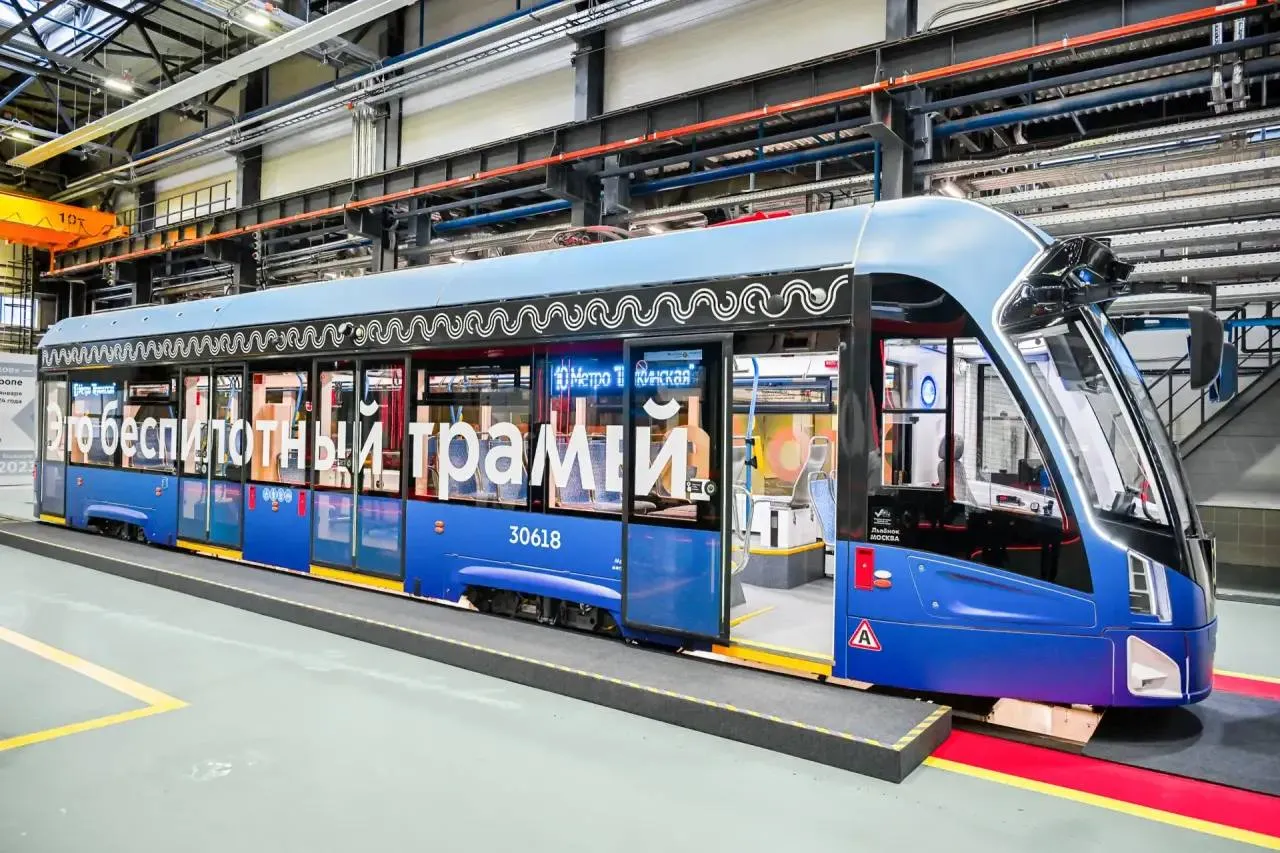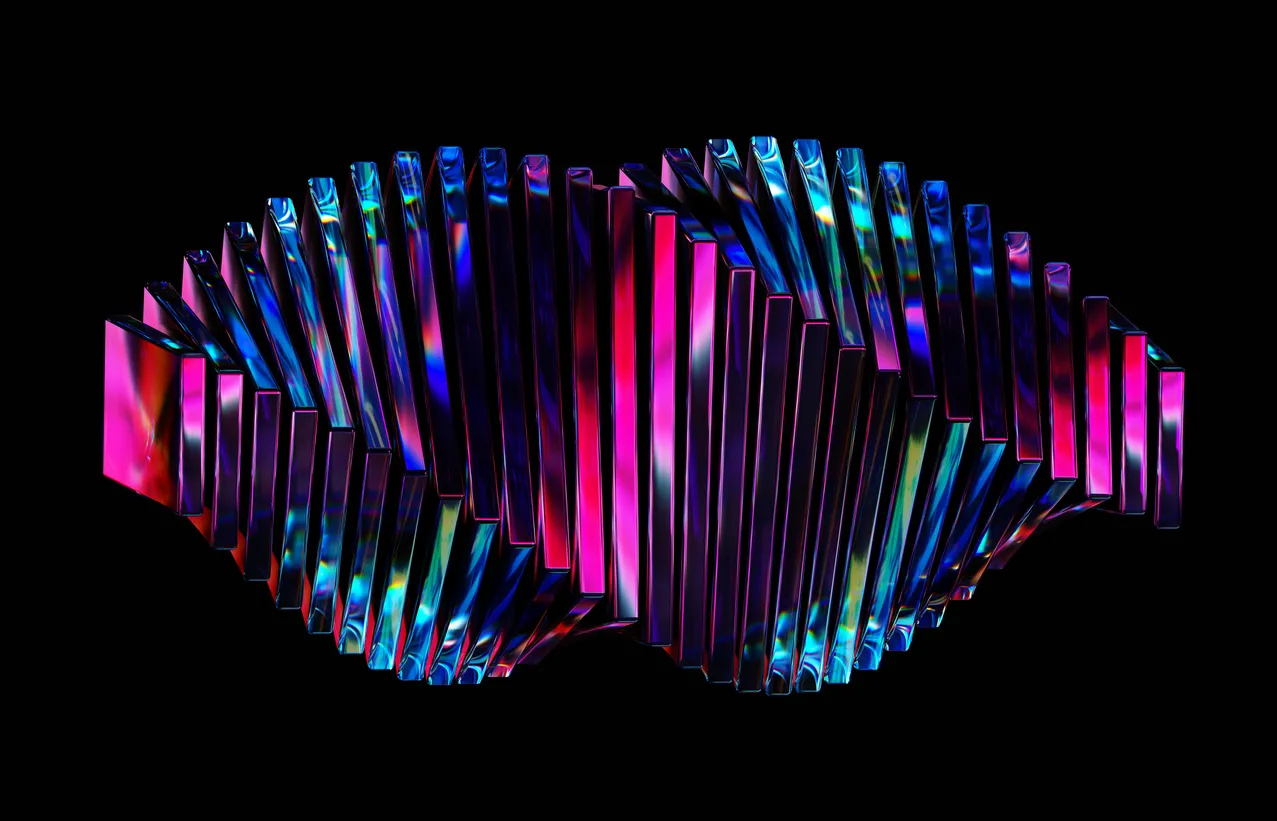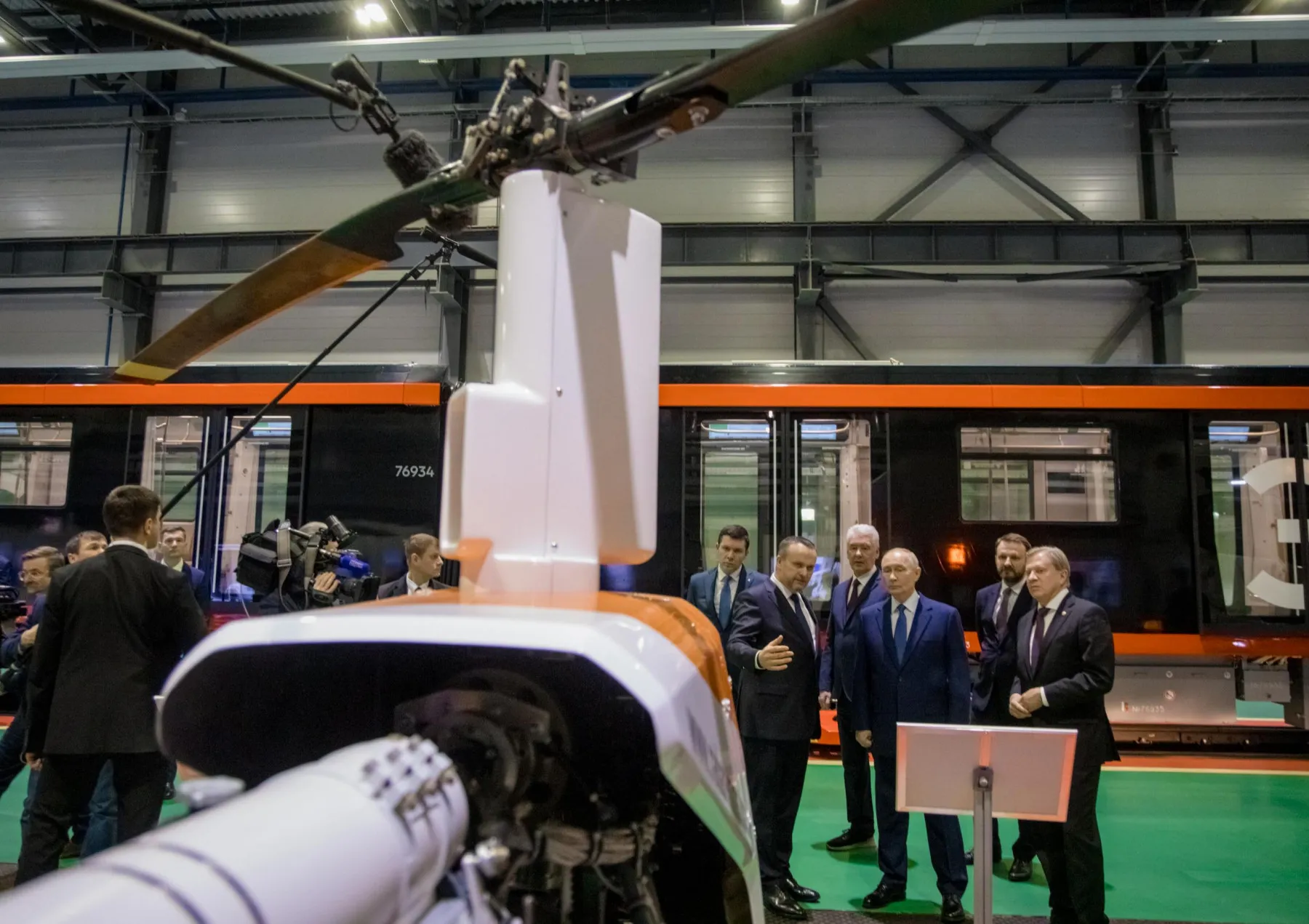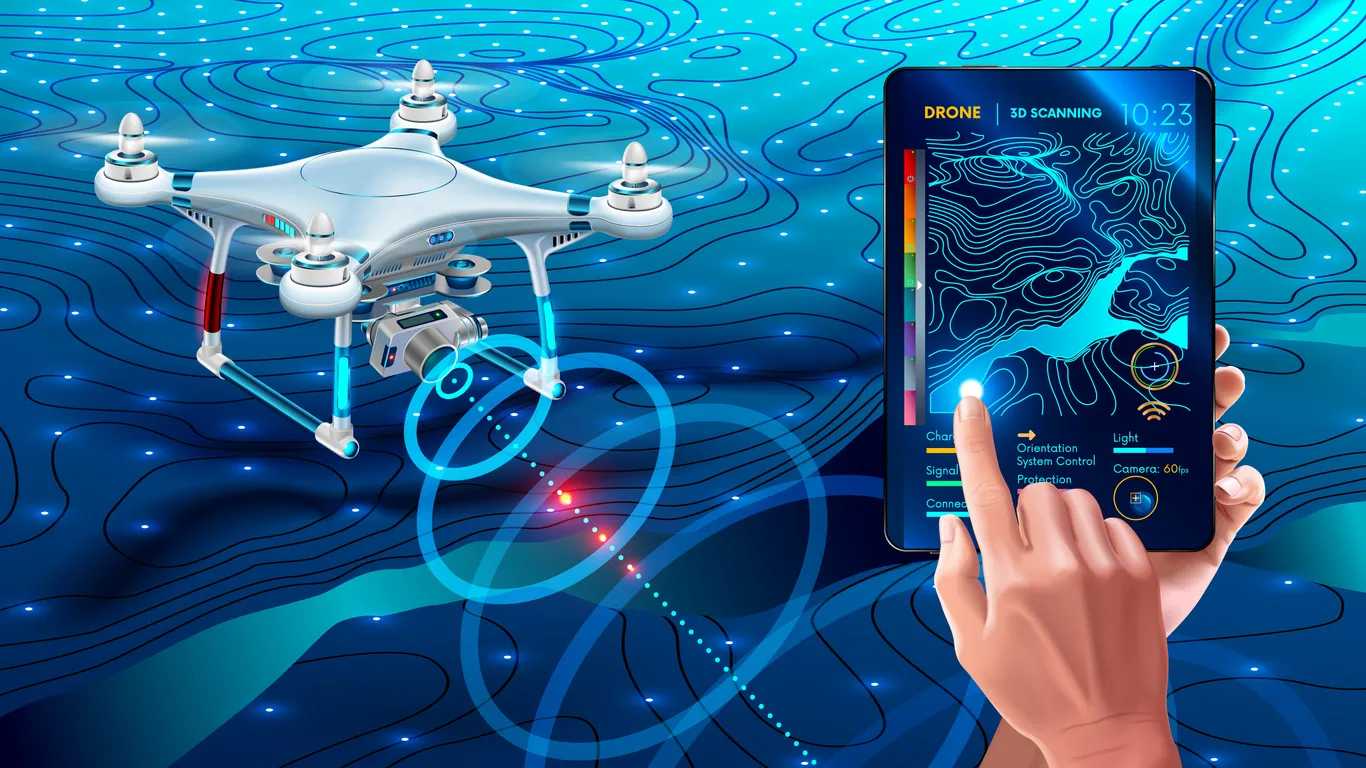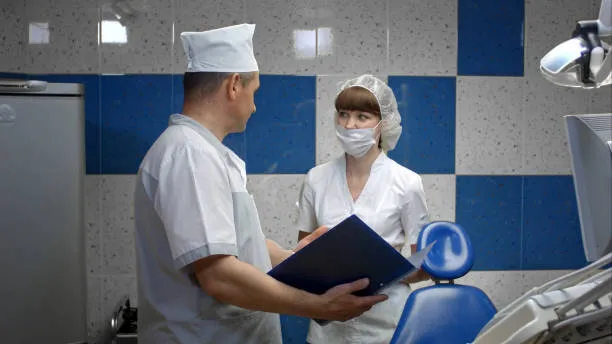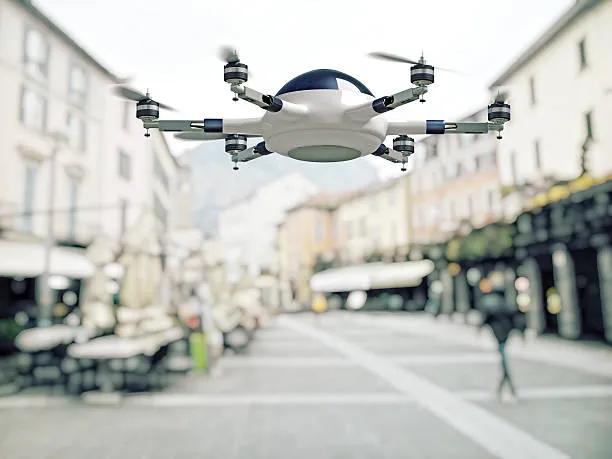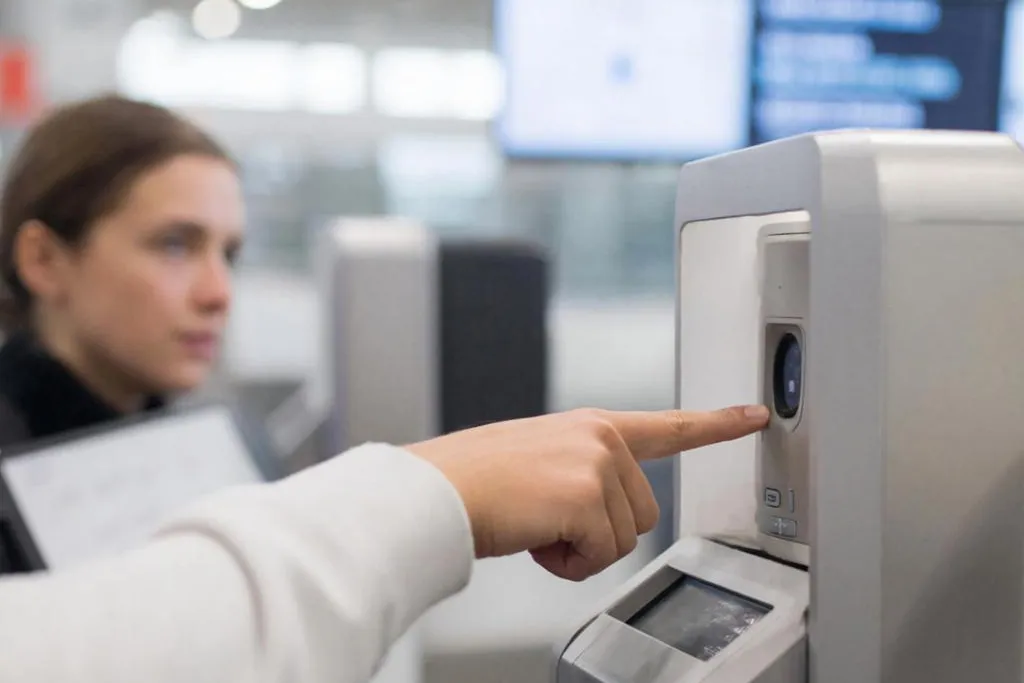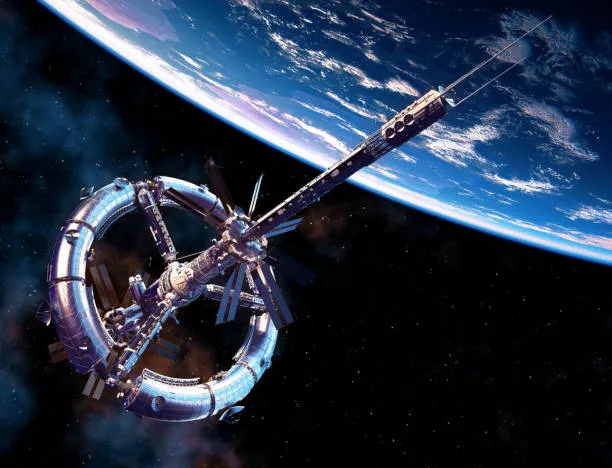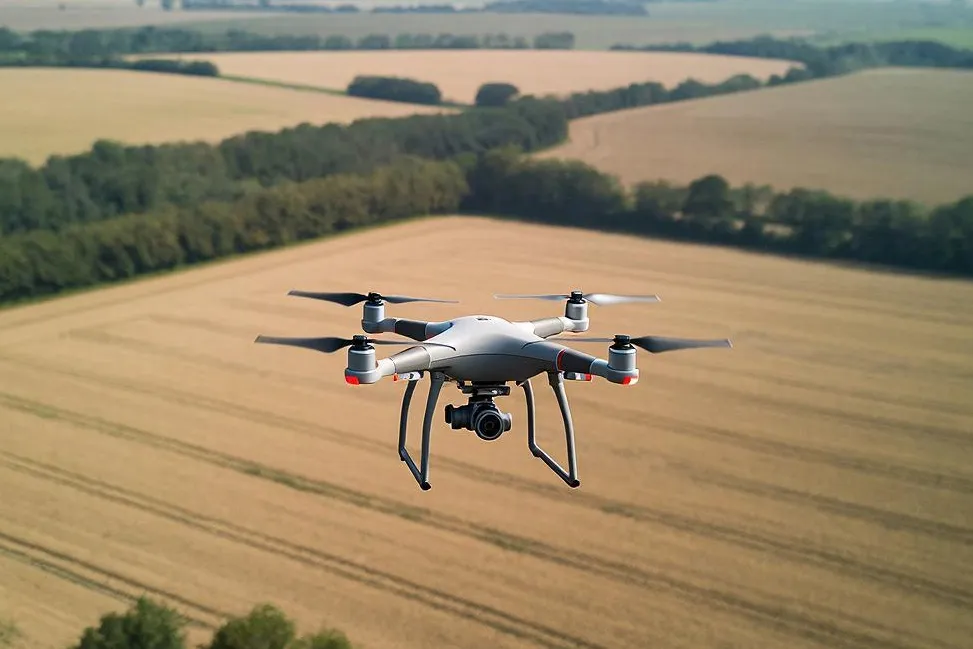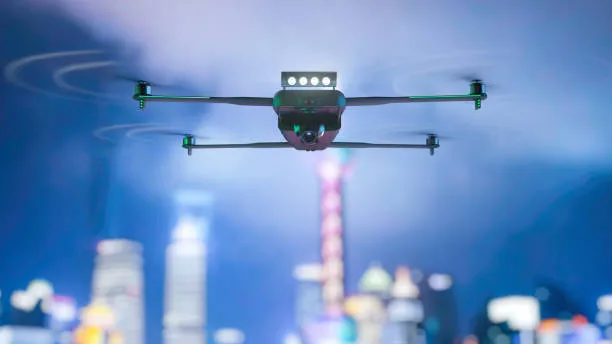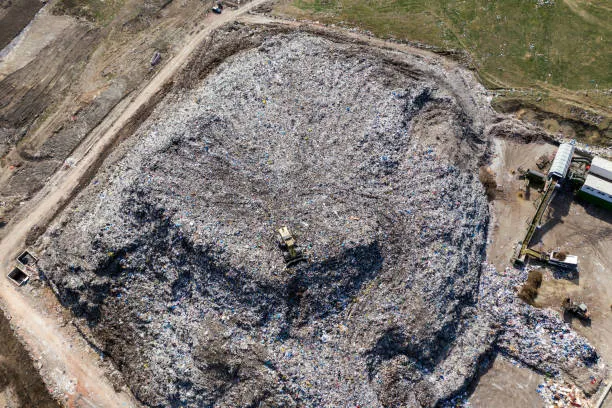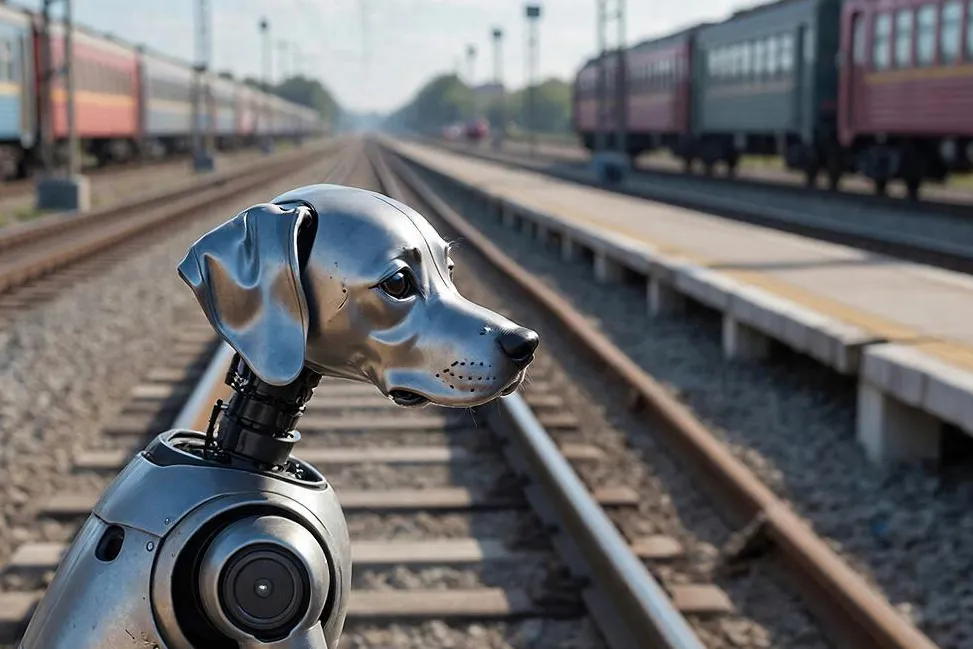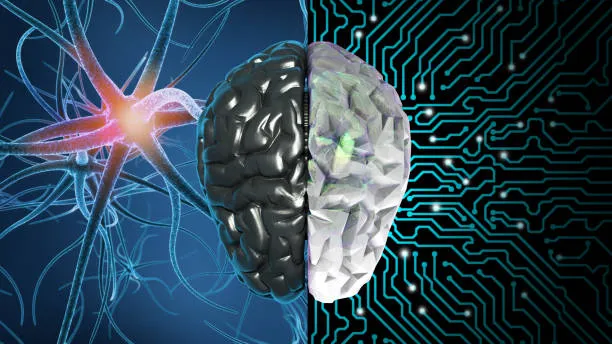In Russia, AI Teaches Kids the Rules of the Road
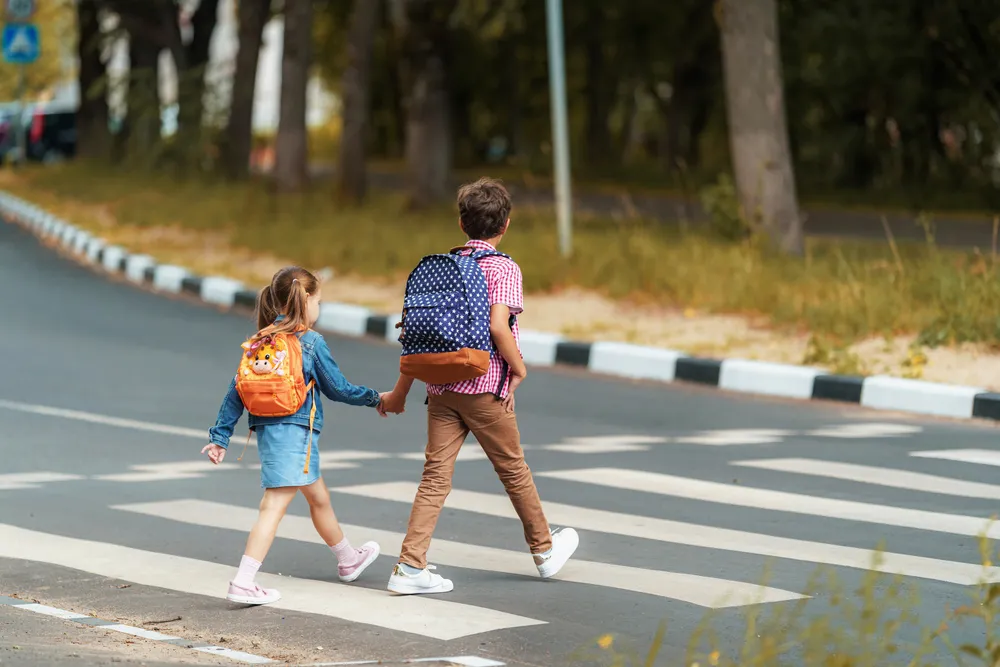
Schools and summer camps are experimenting with artificial intelligence to make traffic safety education more engaging, turning lectures into interactive games and even personalized digital art.
In Crimea, artificial intelligence is being used to teach schoolchildren the basics of road safety. Instead of standard lectures, a neural network builds interactive tasks and playful exercises, helping kids recognize and avoid risky behaviors on the road. During recent classes at a local summer camp, the AI assistant compiled a list of common 'bad habits'—from crossing streets inattentively to ignoring traffic lights—which children then debated and corrected together.
According to Anna Shchennikova, an inspector with Crimea’s traffic safety division who spoke on 'Radio Krym,' modern teaching methods like this are designed to meet students on their own terms, using formats that feel relevant and engaging.
Across Russia, educators are steadily adopting AI tools not just to prepare lessons and handle paperwork, but to generate creative content as well. In Kamchatka, one teacher asked her students to write about their dream jobs. She then fed the essays into a neural network that produced vivid images of the kids as grown-up professionals—doctors, astronauts, engineers—offering a glimpse of their imagined futures.
These experiments show how AI can blend education and creativity, making learning more memorable while also sparking curiosity about technology itself.


